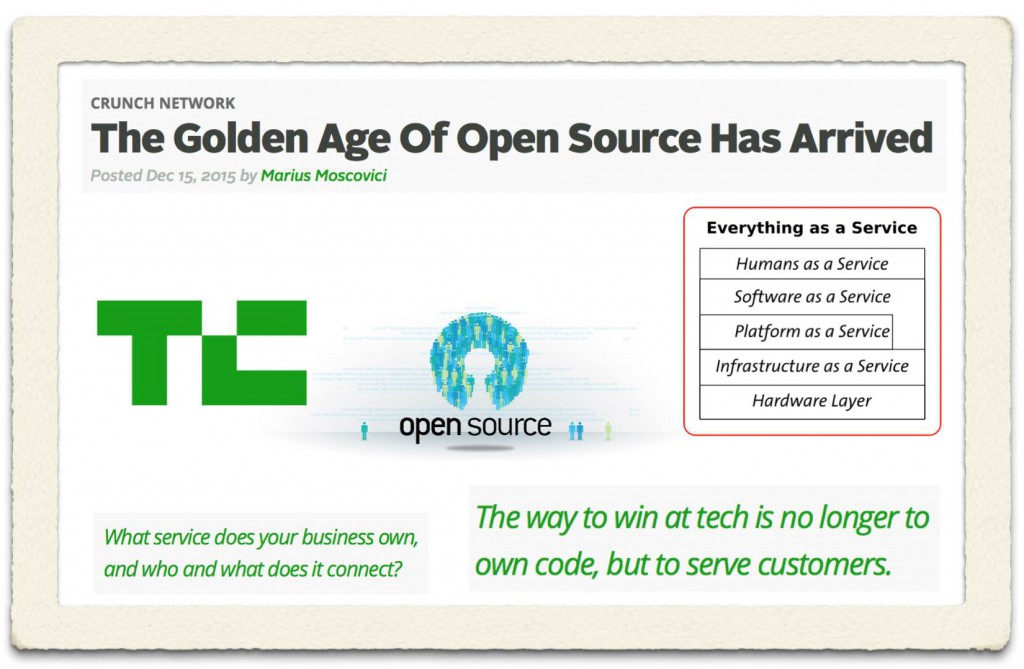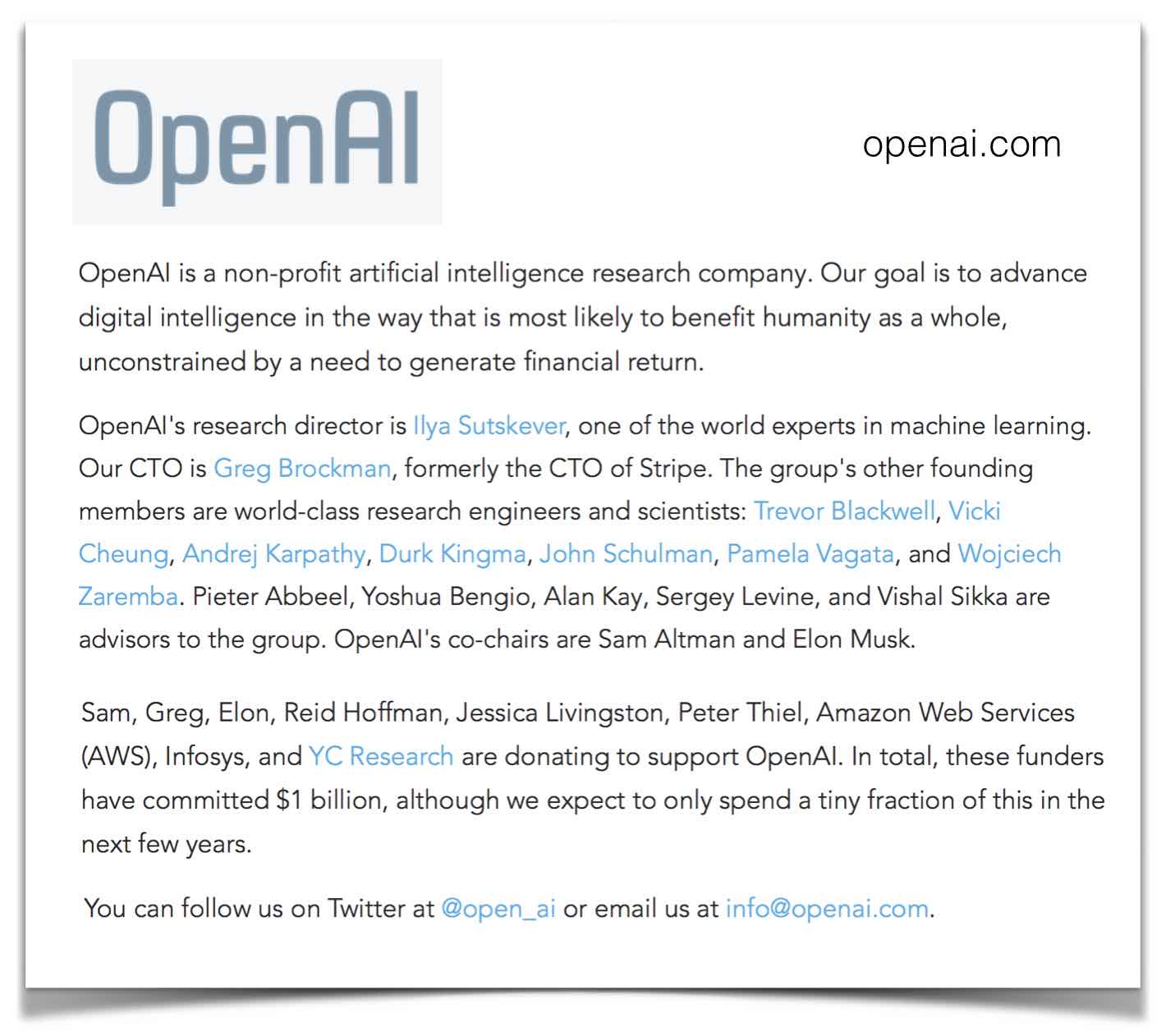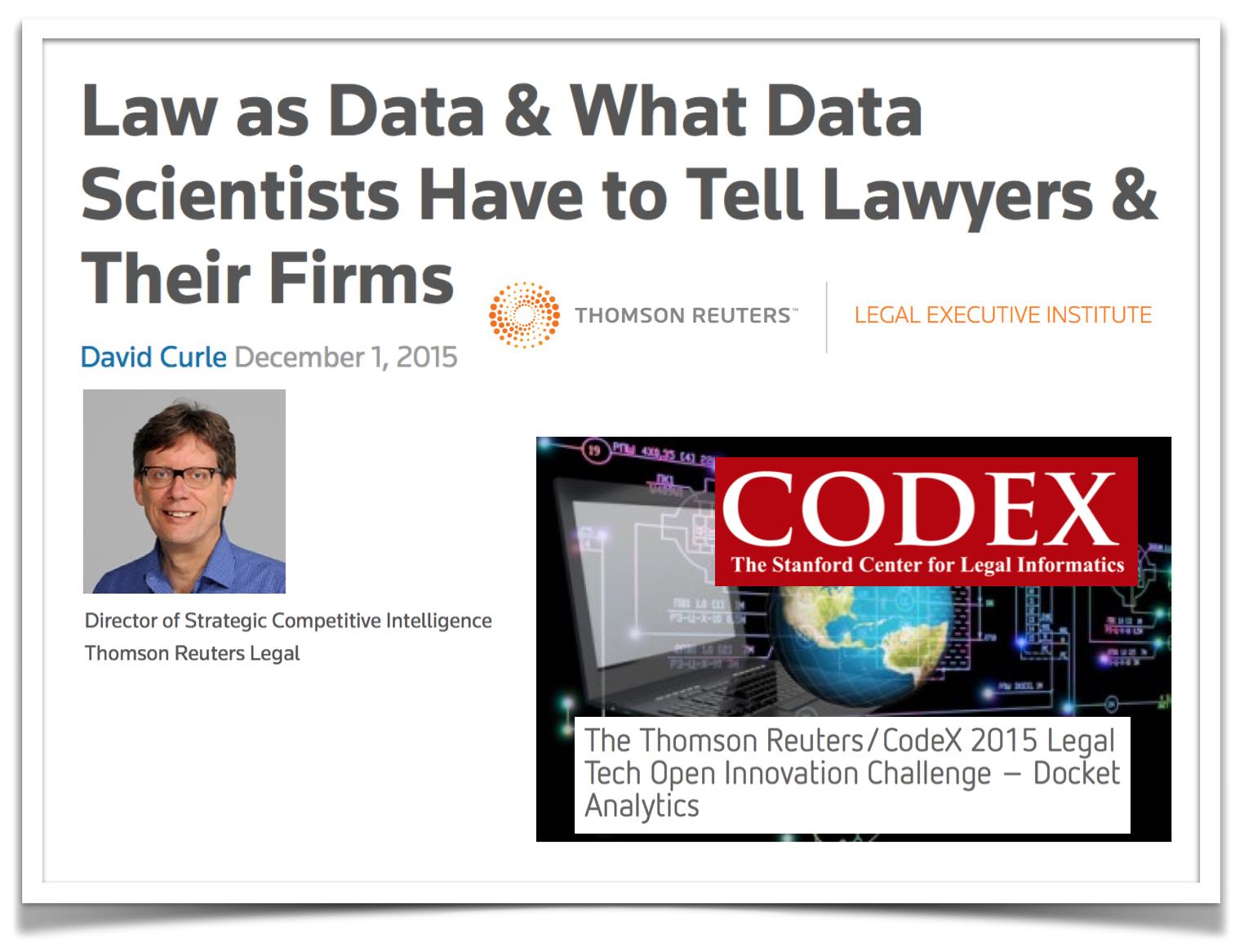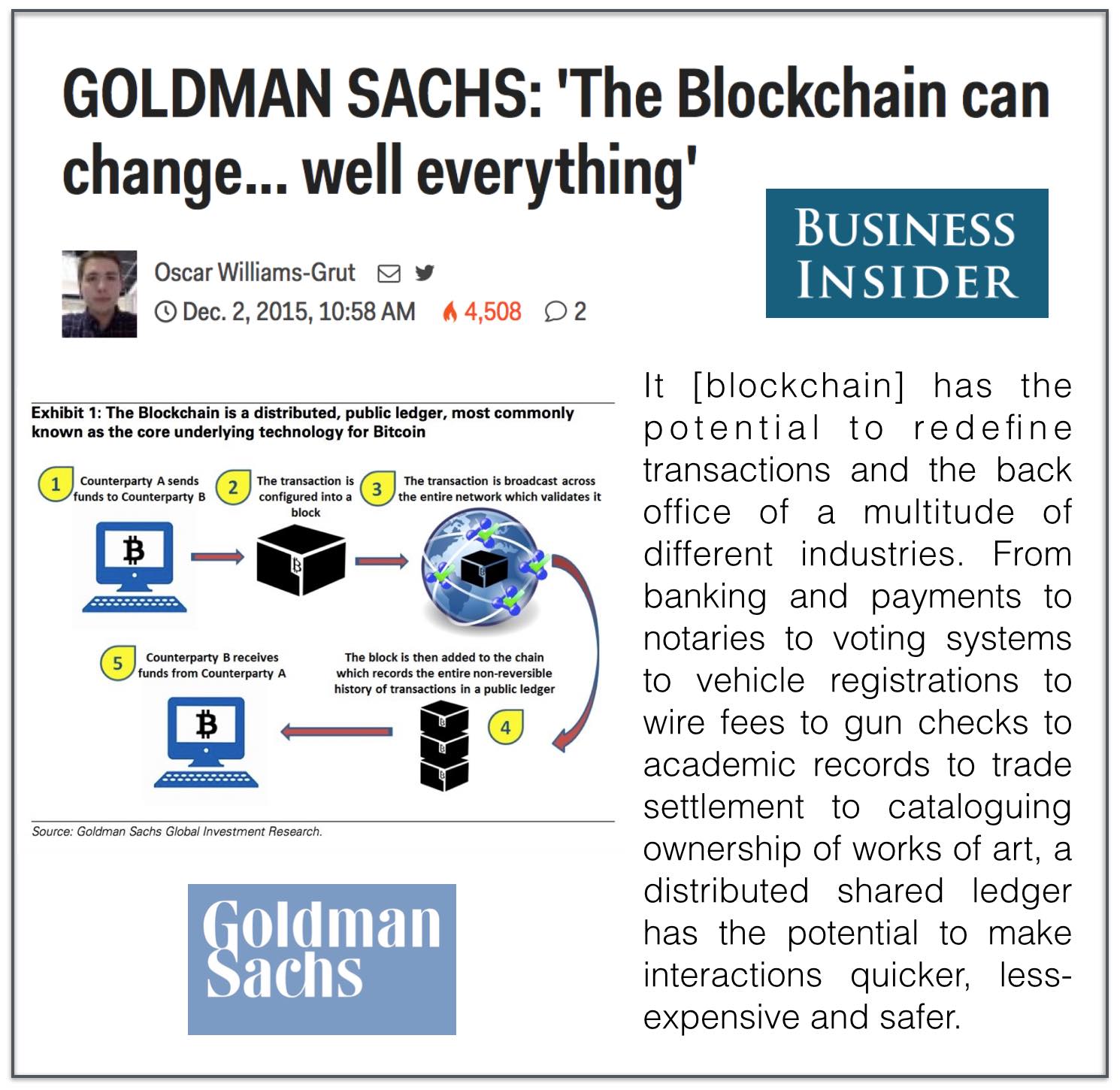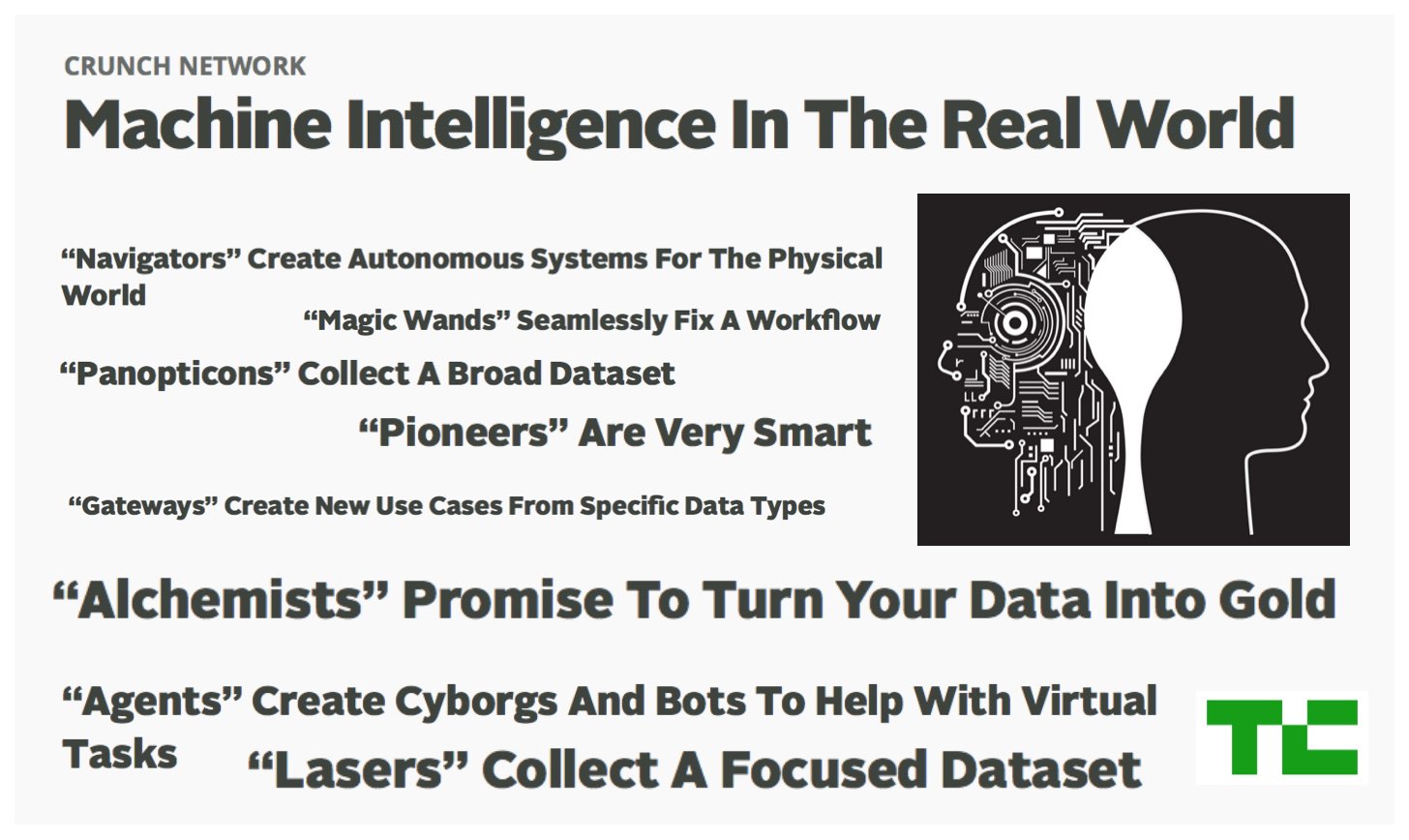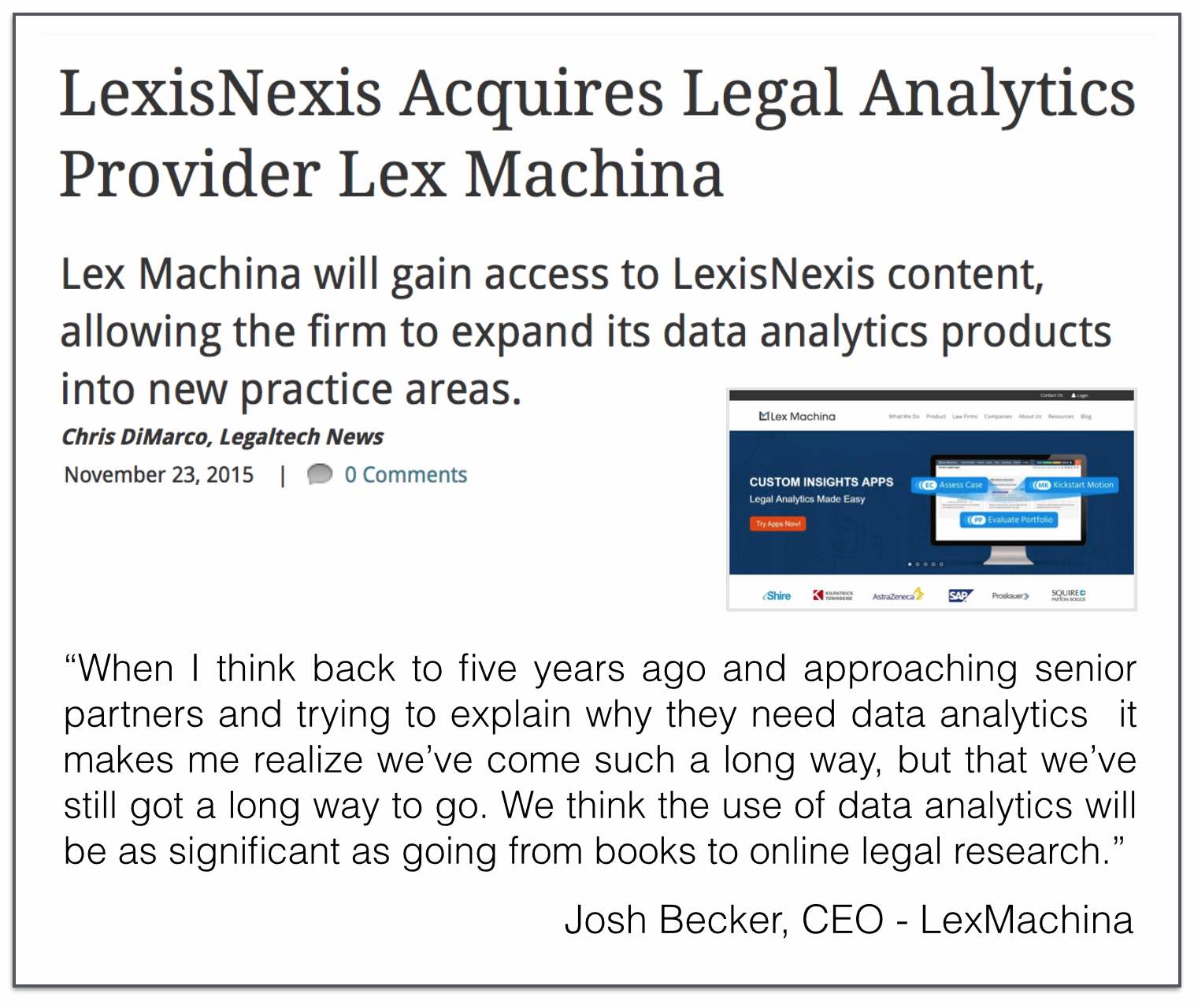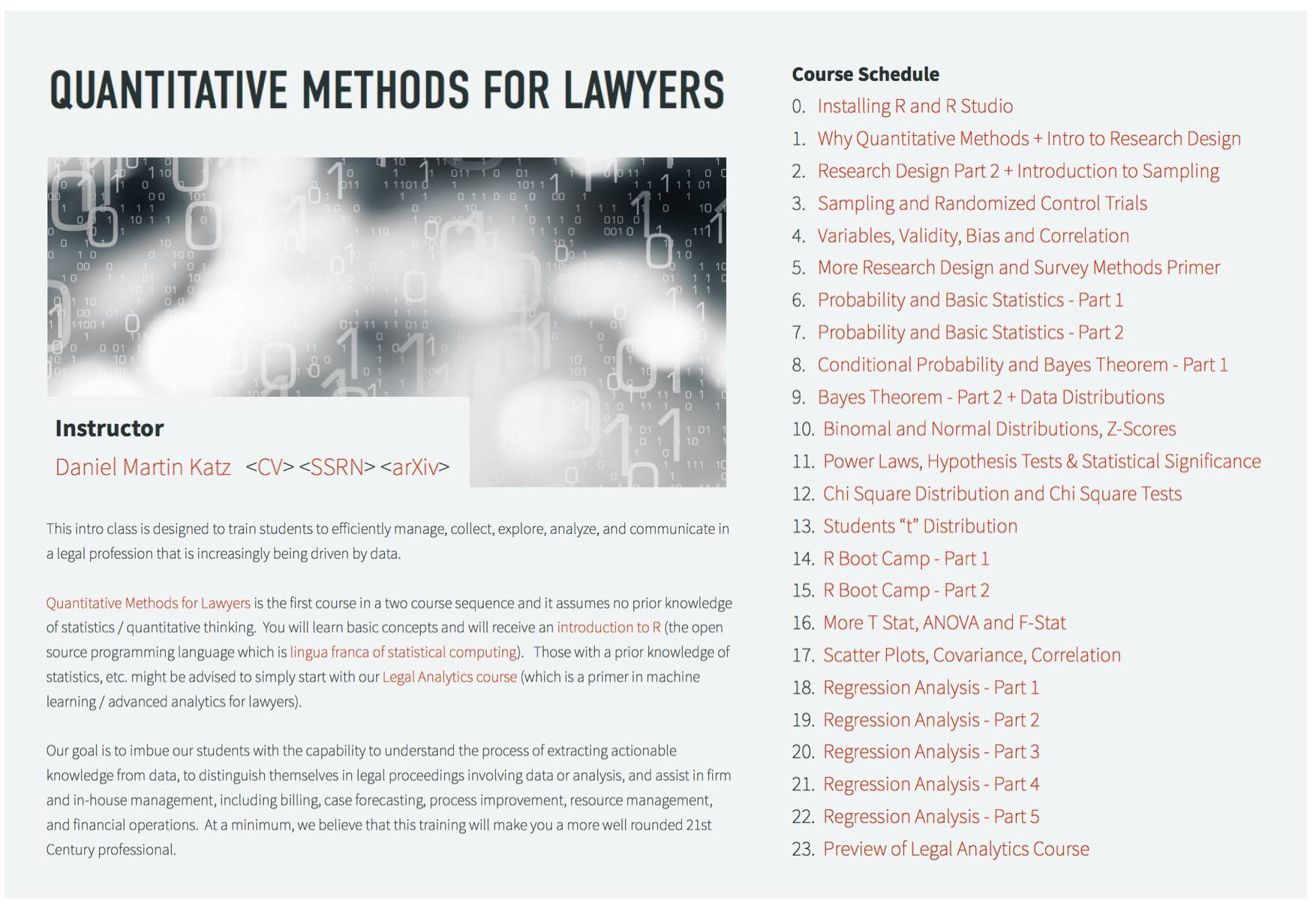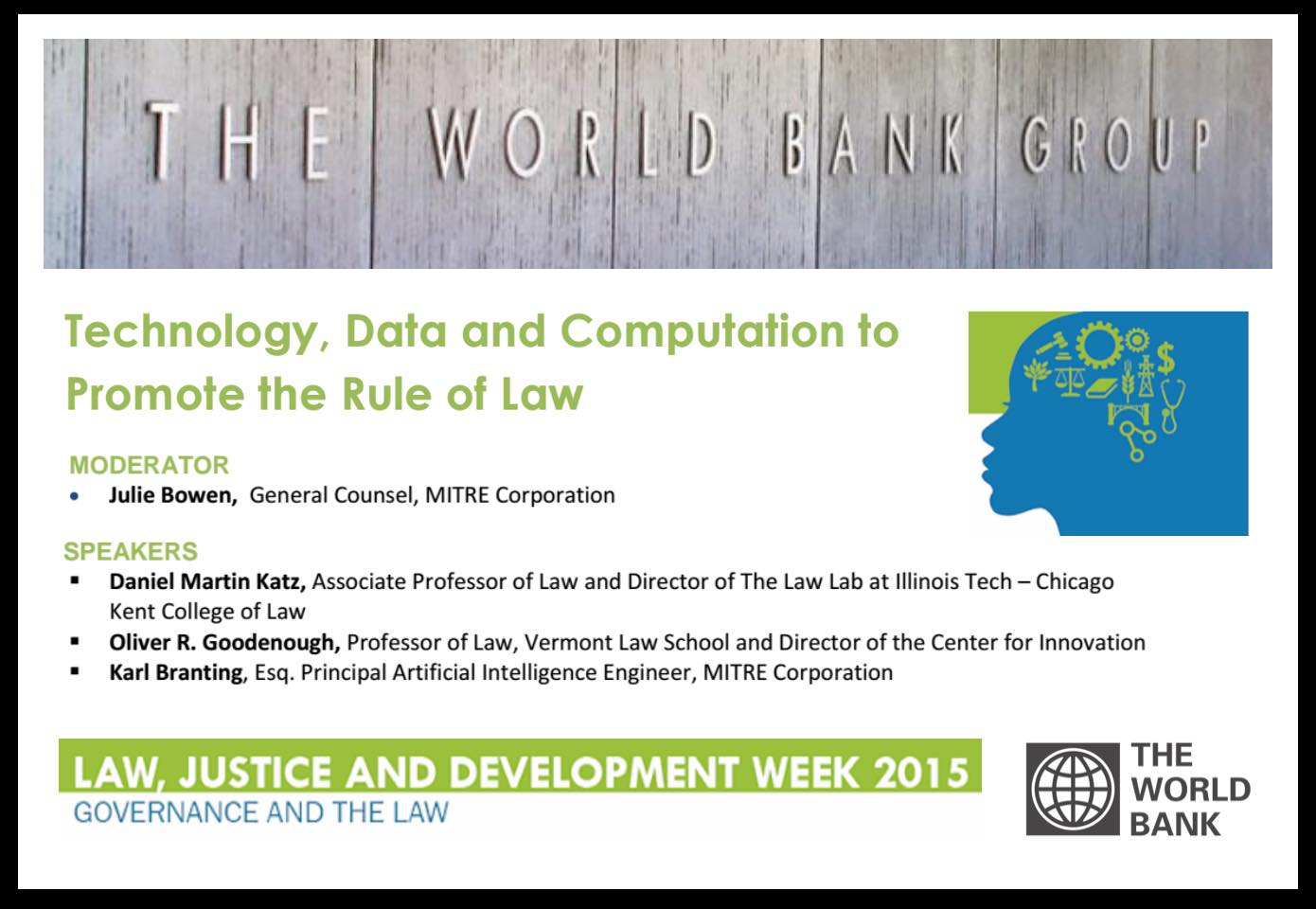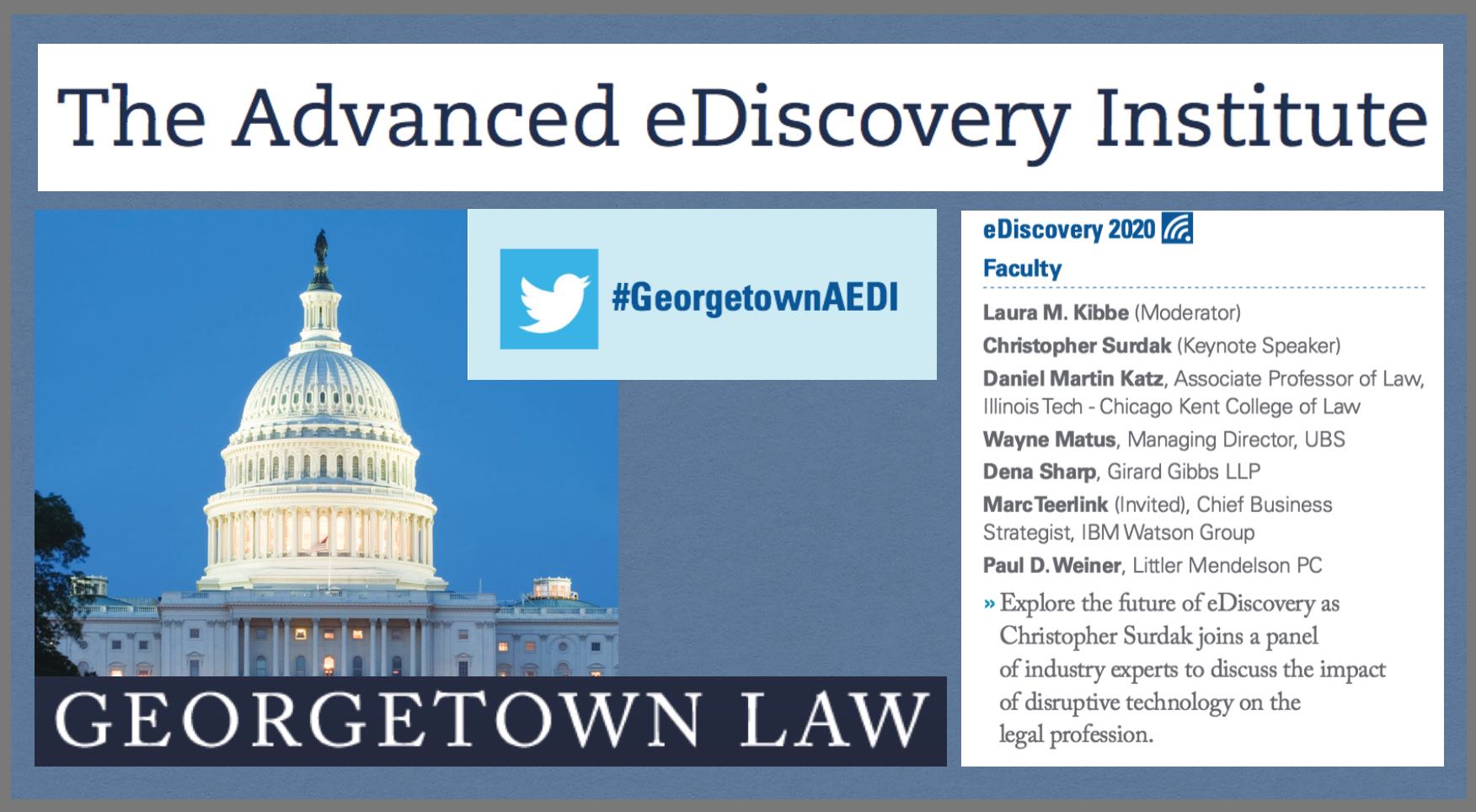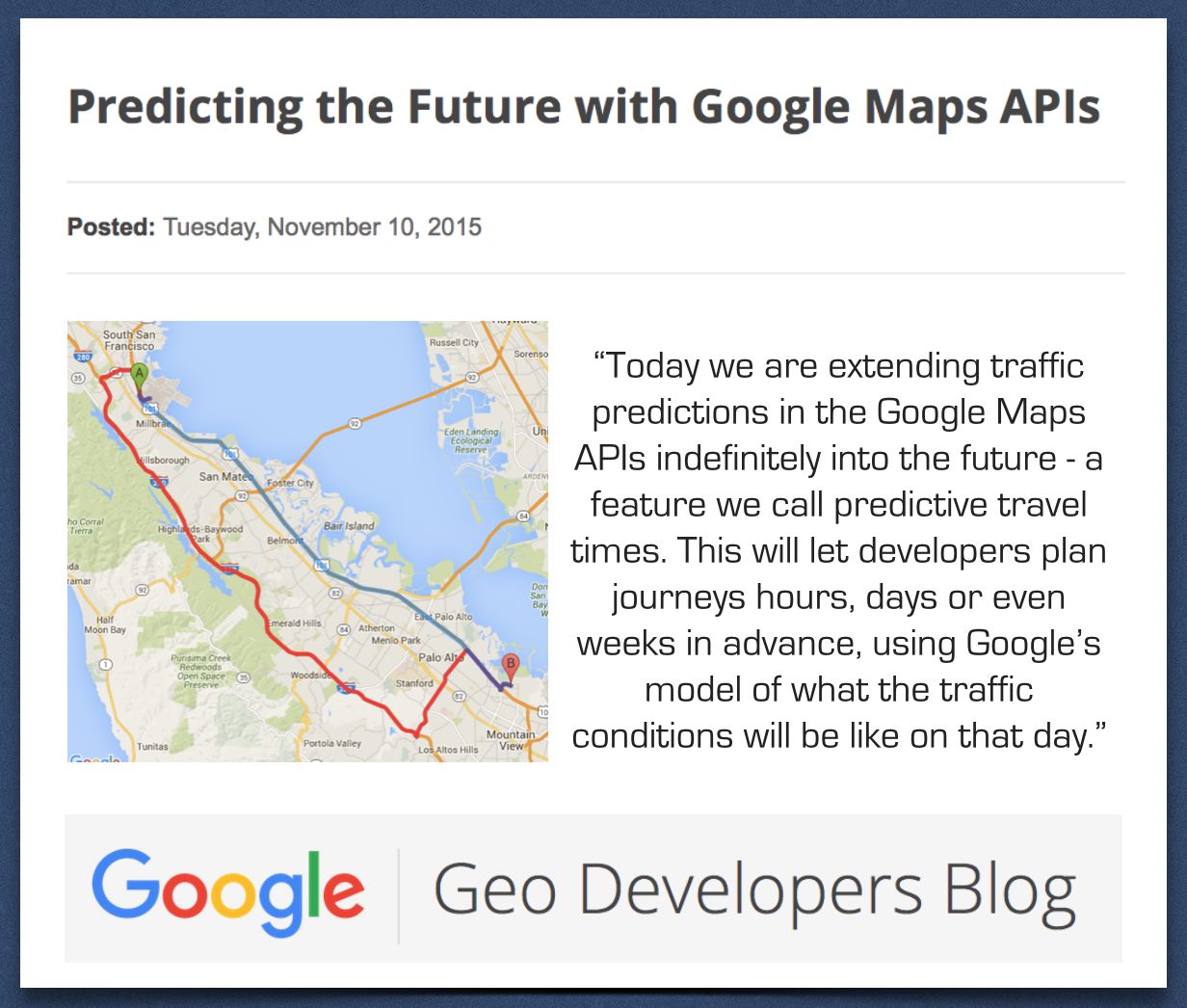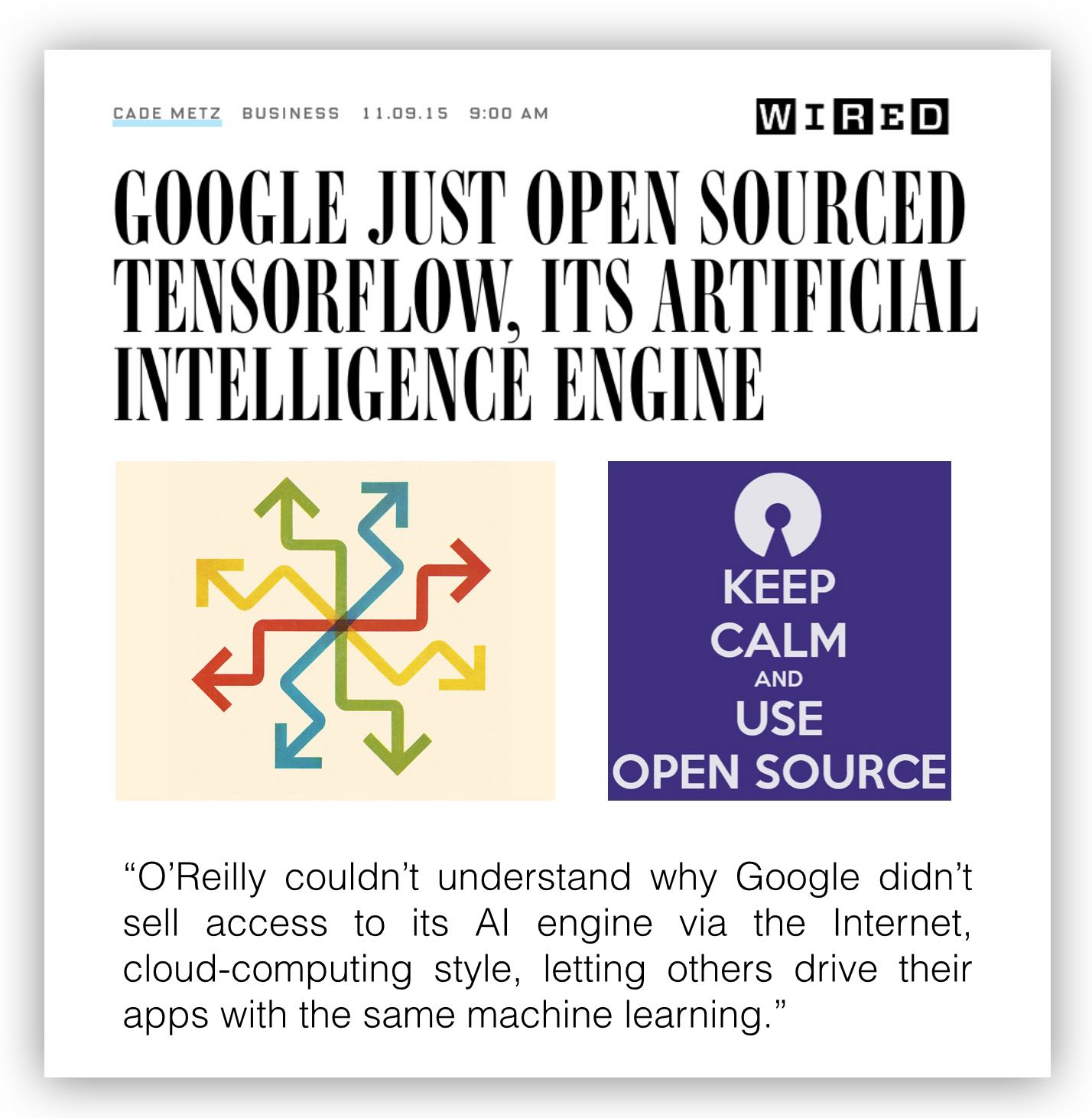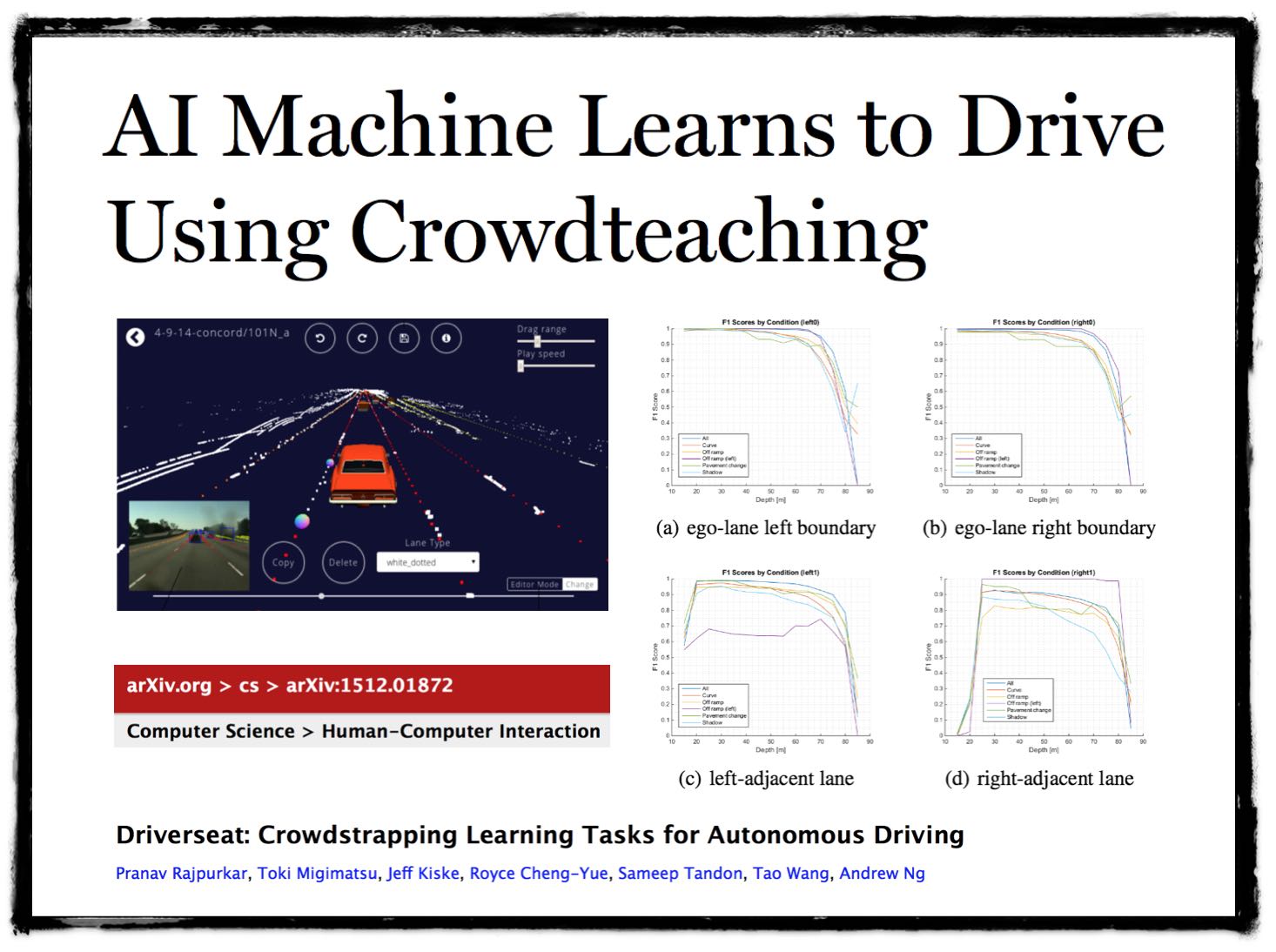
The example above is an algorithmic system that enhanced by the use of crowd based teaching. It is a useful example of the creativity employed by those in the machine learning research community. It is also instructive (at broader level) of the cutting edge approaches used in all of predictive analytics / machine learning.
In discussing legal prediction or the application of predictive analytics in law, we often try to start by highlighting The Three Forms of (Legal) Prediction: Experts, Crowds and Algorithms. These are really the only streams of intelligence that one can use to forecast anything. Historically, in the law – experts centered forecasting has almost exclusively dominated the industry. In virtually every field of human endeavor, there have been improvements (sometimes small to sometimes large) in forecasting which have been driven in the move from experts to ensembles (i.e. mixtures of these respective streams of intelligence – experts, crowds + algorithms).
Through our company LexPredict and in our research, we have been working toward building such ensemble models across a wide range of topics. In addition, we have engaged in a public display of these ideas through Fantasy SCOTUS, our SCOTUS prediction algorithm and through the identification of non-traditional experts (i.e. our superforecasters which — unlike most lawyers — are folks that have actually been benchmarked in their predictive performance). Finally, we have demonstrated the usefulness of SCOTUS prediction in a narrow subset of cases that actually move the securities market.

